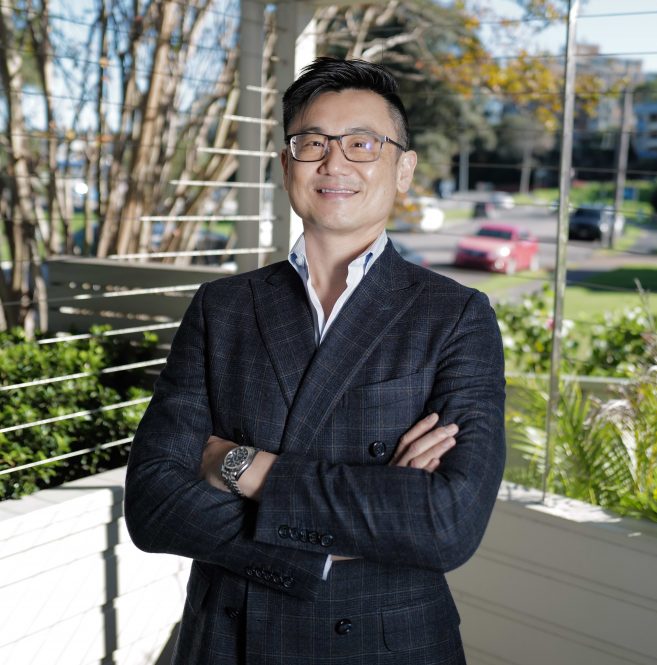- Comprehensive Breast Care for Sydney
- New website Same Amazing Team!
- Get In Touch!
Gynecomastia is the medical term for enlargement of breast tissue in males. This condition may occur due to hormonal factors, medications, genetics, medical conditions, or sometimes without an identifiable cause. Surgery may be considered when the condition is persistent and does not improve with non-surgical measures.
Gynecomastia surgery, also referred to as male breast reduction, is a procedure performed to remove excess breast tissue, fat, or skin from the chest area.
The surgical approach depends on the type of tissue involved:
The procedure is planned on an individual basis following consultation and assessment.
During your consultation, Dr Chen will:
This consultation is an opportunity to ask questions and consider whether surgery is an appropriate option for you.
Gynecomastia surgery is usually performed under general anaesthesia in a hospital setting. The specific surgical approach depends on the degree of enlargement and the type of tissue involved.
During surgery:
Dr Chen will explain the technique best suited to your situation during your preoperative consultation.
Recovery after gynecomastia surgery varies depending on the surgical technique used and individual healing factors. Common experiences include swelling, bruising, and temporary discomfort, which can be managed with prescribed medication.
General recovery guidance may include:
Dr Chen will provide personalised instructions to support your recovery.
As with all surgical procedures, gynecomastia surgery carries risks. Possible complications include:
These risks will be discussed in detail during your consultation to support informed decision-making.
Suitability depends on the underlying cause of breast enlargement, your general health, and whether non-surgical options have been explored. A consultation with Dr Chen will involve a medical history, examination, and discussion of potential treatment options to determine whether surgery is appropriate for you.
Surgery can reduce or remove excess breast tissue, fat, or skin, but results vary between individuals. Factors such as the type of tissue involved, healing patterns, and skin elasticity influence the outcome. In some cases, additional procedures may be required.
Recovery times differ between patients. Many people return to light daily activities within a few days, while full recovery, including return to strenuous activity or exercise, may take several weeks. Dr Chen will provide individual postoperative instructions and review your recovery at follow-up appointments.


Take the first step towards expert care—schedule your consultation with Oncoplastic Surgical Centre today and receive personalised treatment from Dr. Paul Chen and his team.




